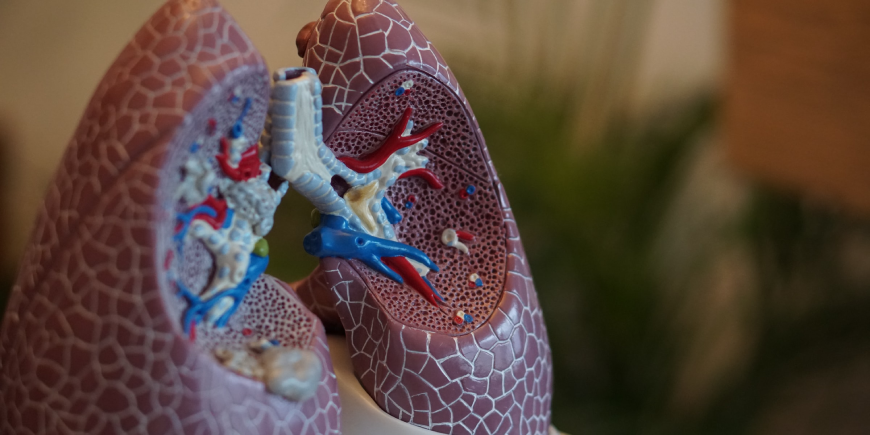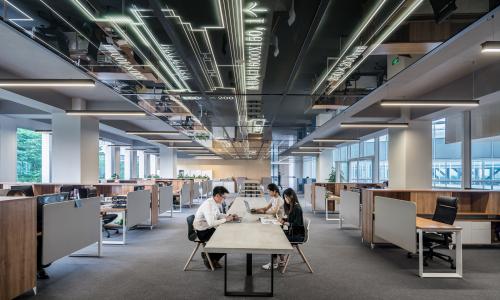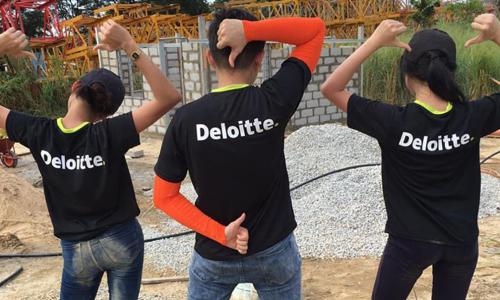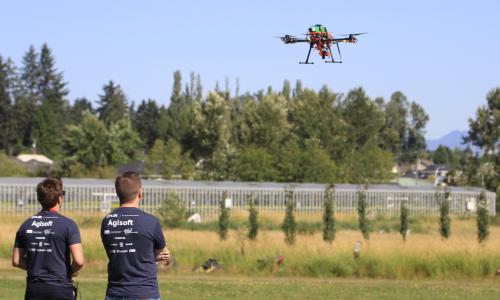
My wide variety of responsibilities working with Lungpacer Medical facilitated the development of excellent collaborative skills and versatility as a member of the multidisciplinary team. This demanding work environment was no issue in such relevant, innovative, and hands-on medical research which inspired me to be passionate and enthusiastic.
I spent this past summer term working for Lungpacer Medical Inc., a company founded and lead by SFU’s professor Dr. Andy Hoffer, developing a therapeutic device to exercise and protect the diaphragm muscle of critically ill patients being mechanically ventilated. This opportunity was granted to me as an Undergraduate Student Research Award through the SFU Biomedical Physiology & Kinesiology (BPK) departmental application and selection process, and was also facilitated by the BPK Co-op program. Being involved in Lungpacer’s research work was an incredible experience for me, and one that I would recommend to any bright student who is passionate and eager to be dedicated to a truly consequential project. In this post, I highlight the most valuable aspects of my co-op/internship experience.
Mentorship
The members of the Lungpacer team provide excellent mentorship in both academic and professional domains. The staff managers offered a lot of guidance for tasks and assignments, as well as teaching me about the many aspects of medical technology that are relevant to the company’s research. I also received wonderful instruction from Dr. Andy Hoffer, and from Dr. Steven Reynolds, our co-investigator and head of the Critical Care department at Royal Columbian Hospital. Both professionals were always open to questions, and willing to engage in teaching opportunities at any time. Dr. Hoffer has not only facilitated my application of classroom knowledge to relevant clinical situations, but has also contributed to the expansion of my understanding of physiology in day-to-day teaching. The opportunity to work with Dr. Reynolds was an incredible learning experience due to his expertise in medicine and in instruction. Aside from the formal teaching sessions he held for our research group, Dr. Reynolds also encouraged perpetual learning through involvement and discussion in daily interactions. Working for and alongside such talented educators was a huge privilege as they effectively allowed me to both significantly contribute to and benefit from this practical and academic experience.
Multidisciplinary Team
My preconceptions of medical research led me to expect a purely health care and physiology –centred research team; I was surprised to find that Lungpacer’s work actually involves collaborations among mechanical and biomedical engineers, software developers, regulatory control teams, animal health technicians, veterinarians, research coordinators, respiratory therapists, medical doctors, and academic researchers. The broad range of expertise provided a huge variety of insights, as each member of the team contributes unique ideas based on their own wealth of knowledge. Teamwork in such a diverse group requires excellent communication skills for coherent discussion of topics from many different viewpoints. In addition, having such diverse influences led me to improve my ability to integrate knowledge from different disciplines and analyze problems in a more comprehensive fashion.
Autonomy and Responsibility
Though I was given as much guidance as necessary and collaboration with the team was very important, a lot of my work involved independent projects. I undertook many data collection and analysis tasks autonomously and my time management was mostly self-directed. I was required to creatively problem-solve and self-educate in order to complete assignments and contribute to discussions of research protocols and physiological factors of medical device performance. I found that to get the most out of my experience with Lungpacer, I had to be enthusiastic in my engagement in every task and take responsibility for my own education and performance. In some tasks, I was not only responsible for my self, but also had to coordinate with and guide the Ultrasound Study volunteers as a team leader for Dr. Reynolds’ research in the ICU. Though the support of my supervisors both in the hospital and the lab was important to direct my work, the trust granted and challenges presented to me also facilitated a lot of personal growth and allowed me to make a great contribution to many different projects.
Presentations
Weekly team meetings and day-to-day collaboration always involved intriguing discussion, and I was proud to be able to contribute some ideas and insights as I learned more about the company’s goals and important factors of medical device design. I also frequently presented my own data analysis and conclusions to the team as well as to our corporate members. These presentations not only required good preparation and communication of information, but also a solid foundational knowledge to be able to expand on relevant findings and field discussions instigated from any inquiries. I was able to express my own insights and ingenuity in this setting, and was also challenged to justify and integrate both my ideas and the input of others.
Hands-on Involvement
Lungpacer provided a stimulating work environment for me, as many tasks went beyond the lab environment to apply our ideas and technology in animal testing and medical settings. I not only contributed to design and evaluation of experimental and data collection protocols, but also got to be involved first-hand in their implementation. The importance and complexity of medical device testing was made evident in our experimental trials, and I found these 60-hour studies both exciting and illuminating. Performing ultrasound data collection in the ICU was also a very valuable opportunity to acquaint myself with the intense hospital environment, and gain experience in patient interactions. My diverse involvement in Lungpacer’s research initiatives introduced me to the wide variety of factors influencing medical care, from funding and clinical testing requirements to physician use and patient experience. Active engagement in research tasks was not only incredibly fun, but also gave me valuable insights, broadening my perspective and strengthening my evaluative abilities.
In summary, my work with Lungpacer has been an exciting and eye-opening experience of perpetual learning and personal growth. I found myself in an extremely supportive environment that has fostered my development of professional skills and catered to my natural passion and inquisitiveness. I am also very grateful that my co-op work term has led to the opportunity for continuing part-time employment with Lungpacer Medical Inc. and involvement in related projects at the Royal Columbian Hospital while I complete my degree in Behavioural Neuroscience.
Beyond the Blog
-
Visit the Lungpacer Medical Inc website for more info about the organization.
-
Learn more about the Undergraduate Student Research Award that Laura received.
-
Interested in SFU's co-op program? Visit the SFU co-op page!














